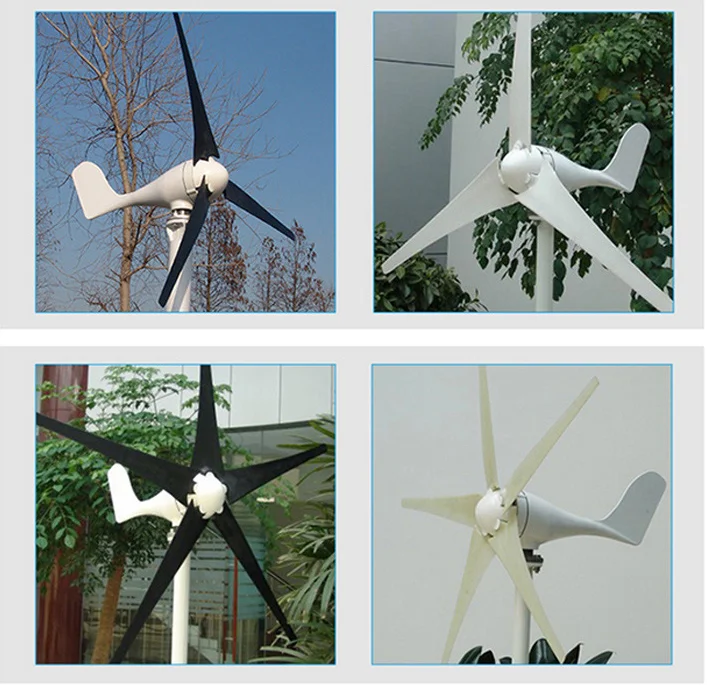Gasoline Generators: A Buyer's Guide for Reliable Power Solutions
When it comes to reliable backup power, gasoline generators remain a popular choice for both residential and commercial use. Whether you're preparing for emergencies or need a portable power source for outdoor activities, understanding the key aspects of these generators is essential. This guide covers everything from types and features to buying tips and common questions.
How to Find Reliable Gasoline Generators from China in 2025
China is a leading manufacturer of gasoline generators, offering a wide range of options at competitive prices. To find reliable suppliers, consider platforms like Alibaba, which list verified manufacturers with customer reviews. Look for certifications such as ISO 9001 and CE marks to ensure quality and safety standards. Additionally, request product samples and check warranty terms before making a bulk purchase.
What Buyers Should Know Before Buying Gasoline Generators from China
Before purchasing, verify the generator's specifications, including power output, fuel efficiency, and noise levels. Ensure the supplier provides clear documentation, such as user manuals and after-sales support. Shipping costs and import duties can significantly impact the total price, so factor these into your budget. Lastly, read customer feedback to gauge the product's reliability and the supplier's responsiveness.
Types of Gasoline Generators
Portable Generators: Ideal for camping or small-scale power needs, these are lightweight and easy to transport.
Inverter Generators: Provide clean and stable power, suitable for sensitive electronics like laptops and smartphones.
Standby Generators: Designed for automatic operation during power outages, commonly used in homes and businesses.
Industrial Generators: High-capacity units for heavy-duty applications, such as construction sites and large events.
Functions and Features of Gasoline Generators
Modern gasoline generators come with advanced features like electric start, fuel gauges, and overload protection. Some models include USB ports for charging devices and eco-mode to reduce fuel consumption. Noise reduction technology is also a key feature, especially for residential use. Always check the runtime per tank to ensure it meets your needs.
Scenarios of Gasoline Generators
These generators are versatile and can be used in various scenarios:
- Home Backup: Keep essential appliances running during outages.
- Outdoor Events: Power lighting and sound systems at remote locations.
- Construction Sites: Provide temporary power for tools and equipment.
- Emergency Services: Ensure uninterrupted power for critical operations.
How to Choose Gasoline Generators
Consider the following factors when selecting a generator:
- Power Requirements: Calculate the total wattage of devices you need to power.
- Portability: Choose a lightweight model if frequent transport is needed.
- Fuel Efficiency: Opt for models with longer runtime to save on fuel costs.
- Noise Levels: Look for quiet operation if using in residential areas.
- Budget: Balance cost with features and durability.
Gasoline Generators Q & A
Q: How often should I maintain my gasoline generator?
A: Regular maintenance, including oil changes and spark plug checks, should be done every 50-100 hours of use.
Q: Can I use a gasoline generator indoors?
A: No, gasoline generators emit carbon monoxide and should only be used in well-ventilated areas.
Q: What's the average lifespan of a gasoline generator?
A: With proper maintenance, most generators last 1,000-2,000 hours.
Q: How do I calculate the right generator size for my home?
A: Add the wattage of all essential appliances and add a 20% buffer for safety.
Q: Are gasoline generators louder than diesel ones?
A: Generally, yes, but inverter models are quieter and more efficient.
































